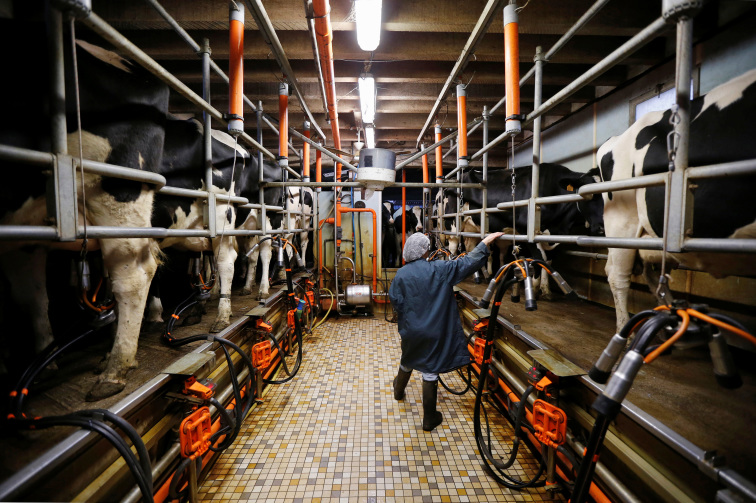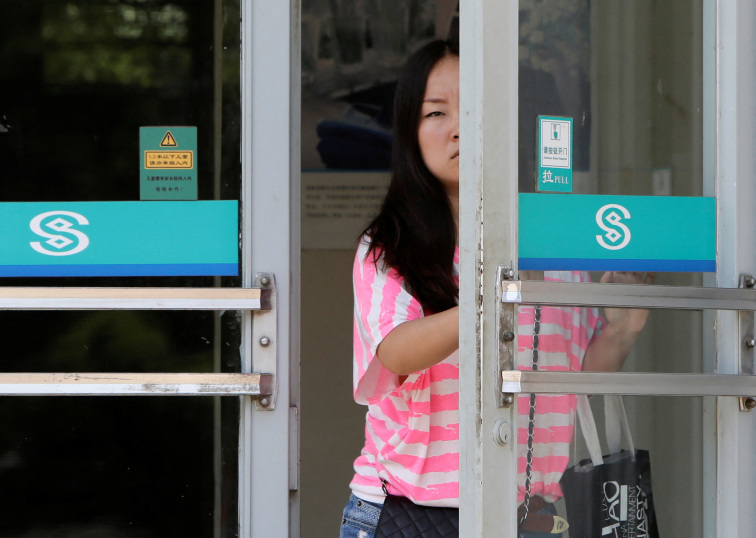Elderly people sit in a street during morning rush hour in Beijing, China, November 3, 2020. (REUTERS/Thomas Peter)
HONG KONG (Reuters) - China is urging its rapidly ageing population to volunteer for community services, help development efforts in some regions and contribute in areas from education to sports as authorities try to bolster a shrinking workforce.
The effort comes as China adopts measures such as delayed retirement to tackle fewer births, after two straight years of population decline that is expected to continue for decades, piling pressure on the dwindling workforce.
Last week a national panel on ageing said it was revamping its 'Silver Age' scheme, first launched more than two decades ago, to extend it to more areas of economic and social development.
The broader initiative will enable all elderly people to engage in grassroots activity, from dispute mediation to health and fitness, the civil affairs ministry said.
"Attach importance to the positive role of the elderly in participating in grassroots governance," it exhorted in a statement on its website.
By 2028, the ministry aims for the scheme to have a key role in social participation and contributions by the elderly, the ministry added.
Such activities can range from patrols and childcare to senior care and assistance for the disabled, while another key area is looking after rural children, while their parents are away working in big cities, it said.
It also called for positions to be reserved for elderly workers at major sport facilities, events and key meetings that need to recruit volunteers.
Last year, the number of births in China dropped to 9 million and is projected to drop further, reducing the working population.
The United Nations forecasts current fertility rates will shrink the working age population by nearly 40% by 2050 from the 2010 figure.
Last week's proposal to raise the retirement age accelerates an overhaul of decades-old laws to tackle the economic pressure of a shrinking workforce.
(Reporting by Farah Master and the Beijing newsroom; Editing by Clarence Fernandez)











News magazine bootstrap themes!
I like this themes, fast loading and look profesional
Thank you Carlos!
You're welcome!
Please support me with give positive rating!
Yes Sure!